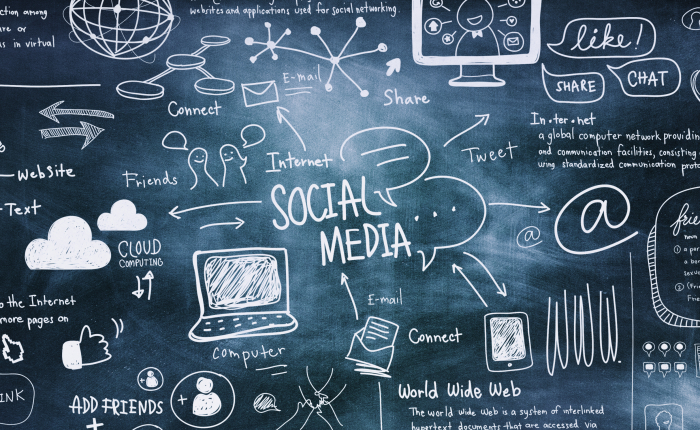In Rheingold’s Net Smart, he discusses his guidance of his daughter in discovering what information is true or not. He discusses the importance of looking at the author of texts as well as what people are saying about the author and their background. Finding that the author of historical text was a white supremacist was incredibly important in the reliability of the information.
Taking this to the classroom I want students to begin to understand what is reliable and accurate texts, instead of reading all news as fact-checked because it is on a good looking website. Further I want students to know how to look up the author.
As an example I did this with Rheingold, and I found that he is 69 years old man, who is a visiting professor at Stanford and a lecturer at U.C. Berkley in their communications department. His studies include media as well as pedagogical styles and the understanding of learning. What I gained from reading about him is important to understanding the text. Does his age limit how much he is able to contribute to the conversation of digital literacies? I don’t know, but it is something that I am thinking about while reading the chapters he has written. Has learning changed and is he adapting to new learning styles? These are all questions that I am thinking about while reading his text.
Being an informed reader is helpful in understand what is CRAP and what is not. We need to instill the extra steps of identifying the author and their position so that students can fully understand the material and become informed readers.
